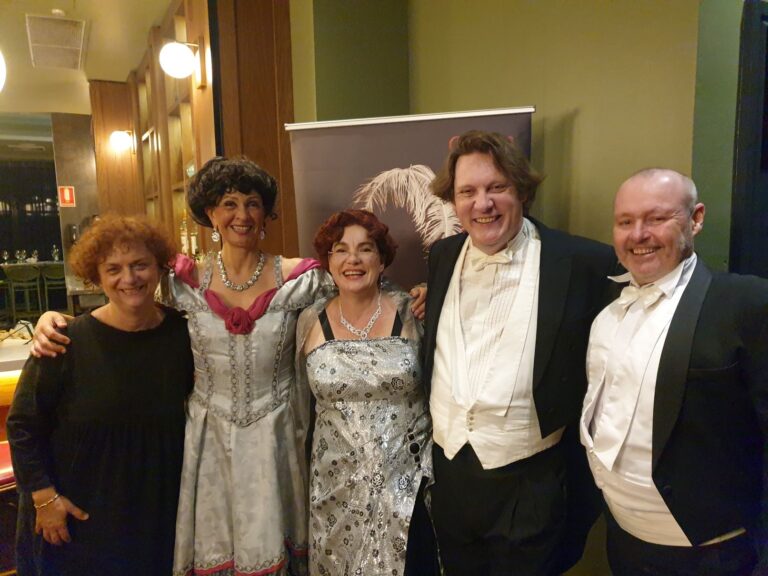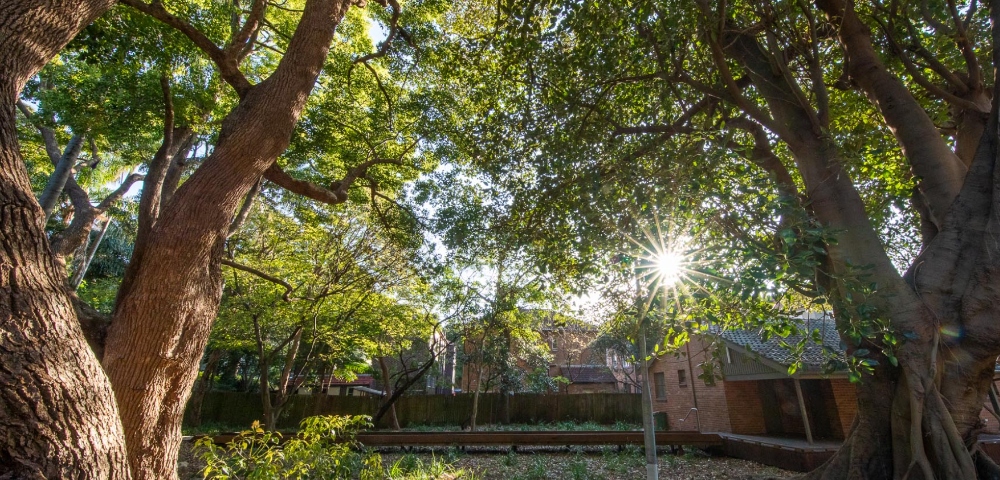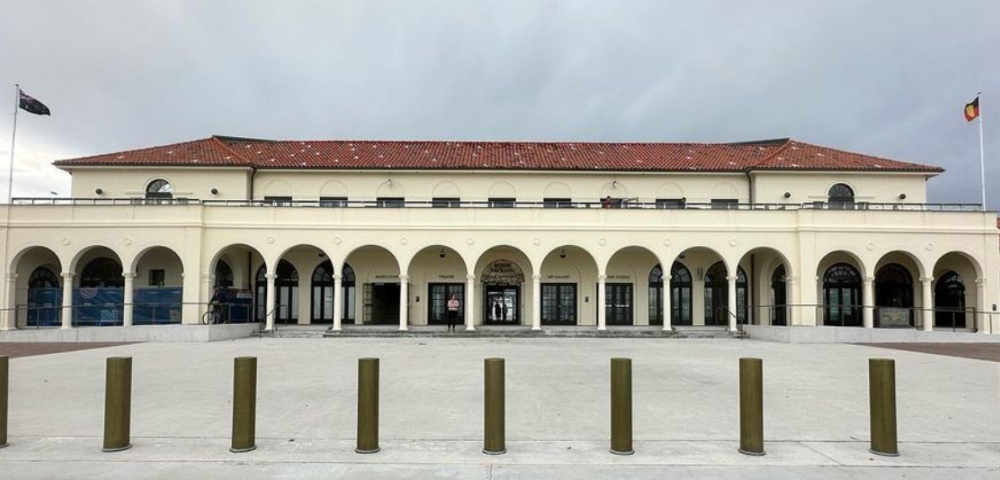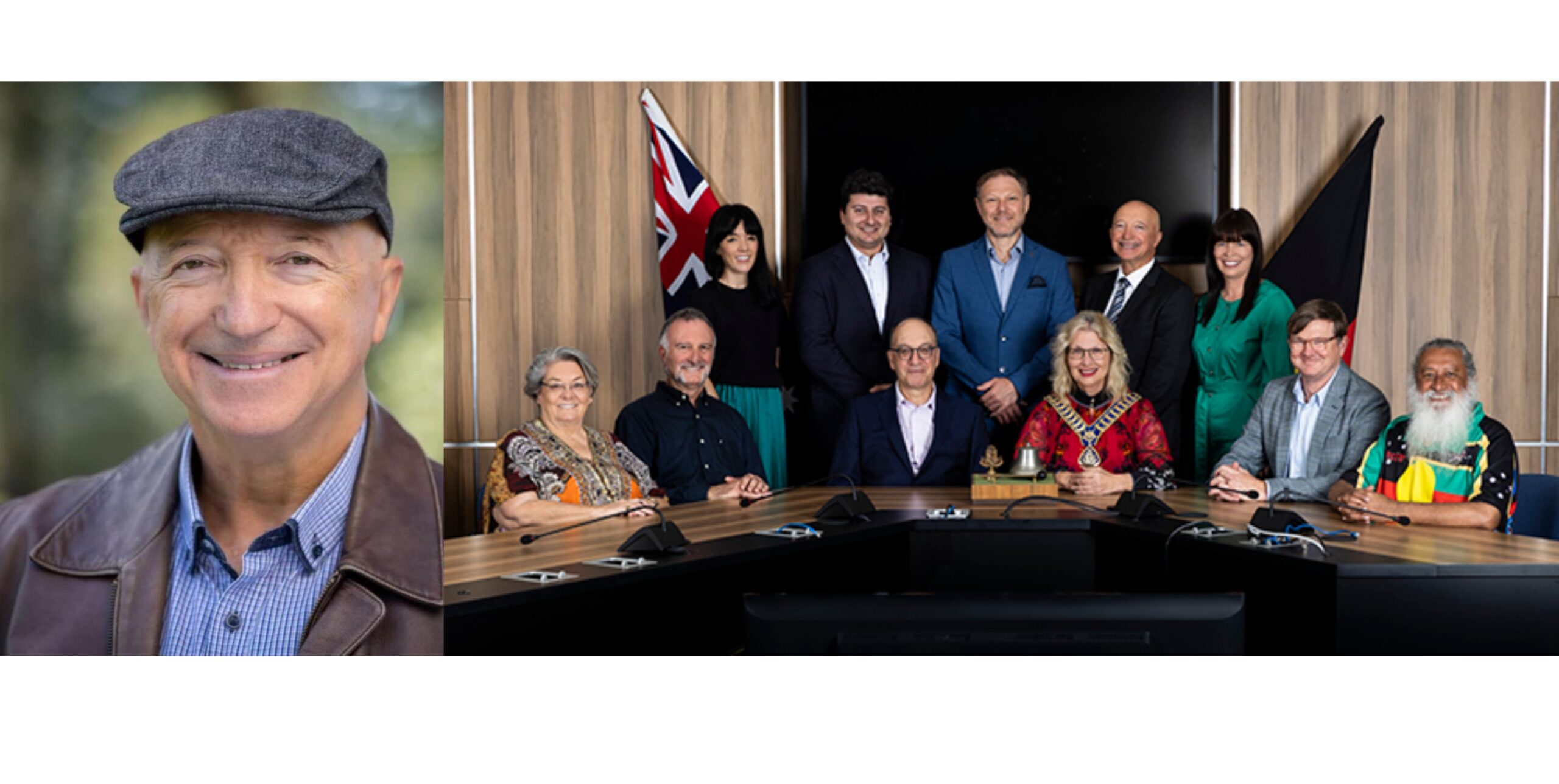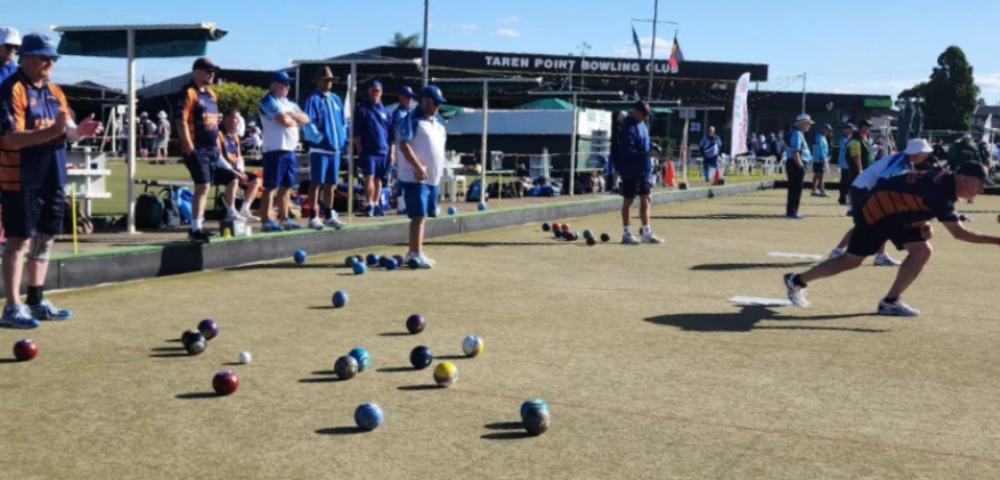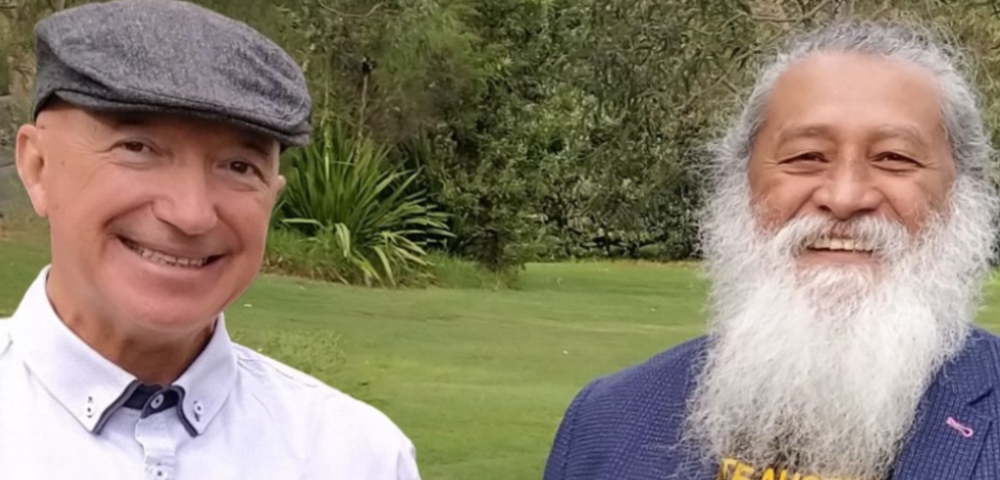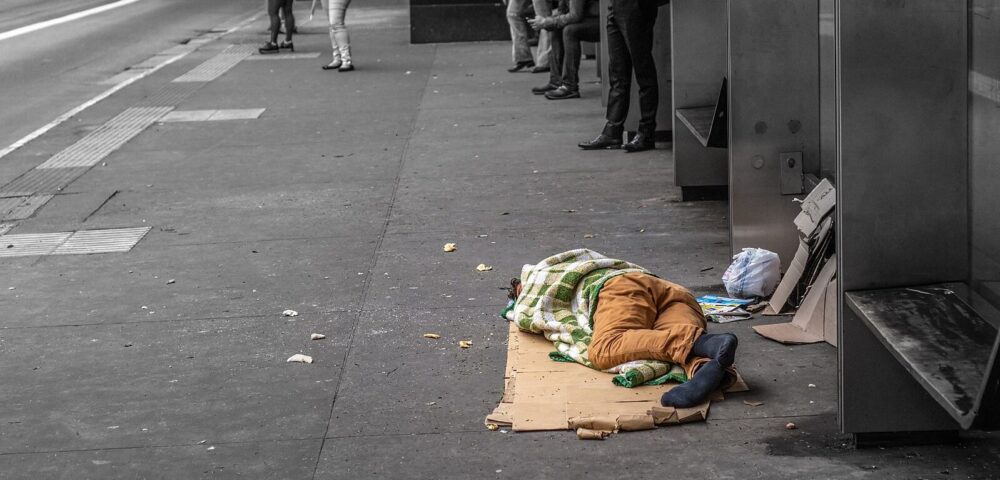
Bondi activist’s whale of a time
Most people wouldn’t choose to spend months sailing the freezing waters of Antarctica but wildlife activist, Sea Shepherd quartermaster and Bondi local Fiona McCuaig is not most people.
McCuaig has just returned from a successful campaign to stop Japanese whaling in the Southern Ocean and says her time on the Bob Barker (Sea Shepherd’s second largest vessel) was tough but rewarding.
“It’s really full-on, no one gets one day off because the running of the ship is just so complex,” says McCuaig. “I’ve done everything from being a deck-hand on my first campaign to now navigating on the bridge and learning to steer the ship around icebergs.”
But she says the strain of months at sea is worth it when they finally track down and disrupt the Japanese whaling operation. Their tactics during Operation No Compromise were so effective the whaling fleet called it quits a month early, saving almost 900 endangered whales from slaughter, adds McCuaig.
McCuaig, who previously started her own organisation to redevelop bad animal enclosures in third world countries and headed a Youth Foundation for National Parks and Wildlife, says the chance to have a direct impact on saving animals was the reason she became involved with Sea Shepherd.
“Once we have locked onto the factory ship (the boat where captured whales are cut up and processed for consumption) then the harpoon boats don’t even bother to whale because they know there is no way we would let them put a fresh whale onto their ship; we would get in the way,” she says.
Finding the factory ship in the vast oceans takes time and money, the task made more difficult by the accompanying harpoon fleet that tails Sea Shepherd’s boats and relays their co-ordinates to the constantly moving factory ship, making it more difficult to locate.
McCuaig says that strategy is very important during this phase of the campaign. Sea Shepherd’s newest vessel, the Gojira, was instrumental in tracking down the factory ship while the flagship Steve Irwin diverted attention away from the Bob Barker advancing its location.
“The Gojira is not made of steel which makes it hard to detect on radar and lets us sneak up on the whaling fleet without being detected,” she says.
“We are trying to speak the language of the Japanese whalers and that is profit and loss,” says McCuaig. “By disrupting their operations we are trying to make them lose money.
“They left the southern ocean because the Bob Barker was behind the factory ship, and it was costing them huge sums to stay out there unable to whale.”
McCuaig believes we all have a part to play in protecting our oceans and the ecosystems that live in them. “Because we get up to 80 per cent of our oxygen from water if the oceans die we will die too,” she says.
“We want everyone to follow our campaigns and learn about the issues affecting our oceans, from illegal whaling to decimation of endangered animals like sharks and destructive fishing practices.
“People need to be mindful of what is coming from the ocean. Ask the question when you eat seafood, how was this fish caught and what else was caught along with it, because what is coming out the ocean is destroying the ocean,” she warns.
Sea Shepherd Conservation Society (SSCS) is an International non-profit conservation organisation whose mission is to end the destruction of habitat and slaughter of wildlife in the world’s oceans. For more information visit www.seashepherd.org

